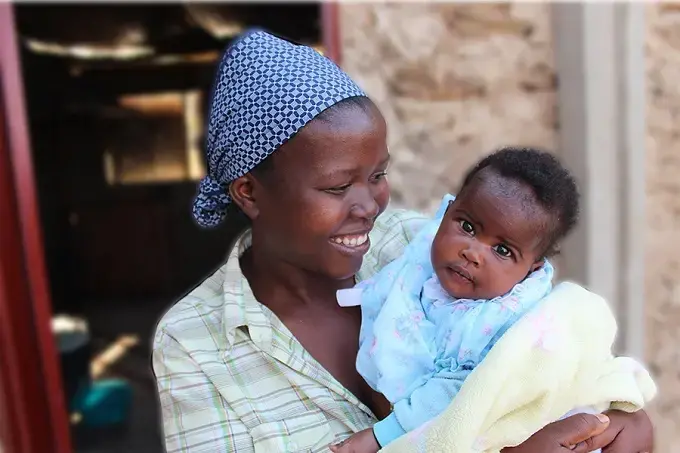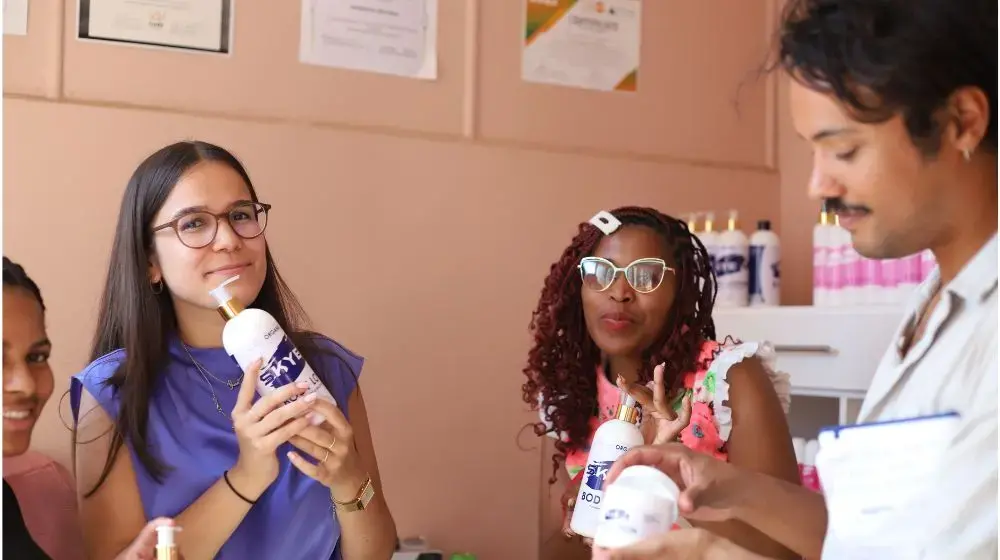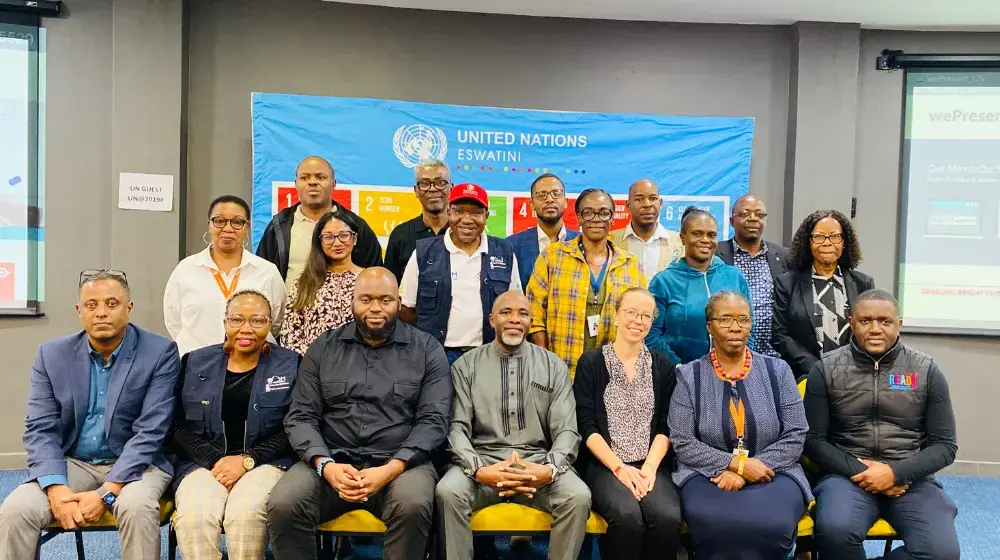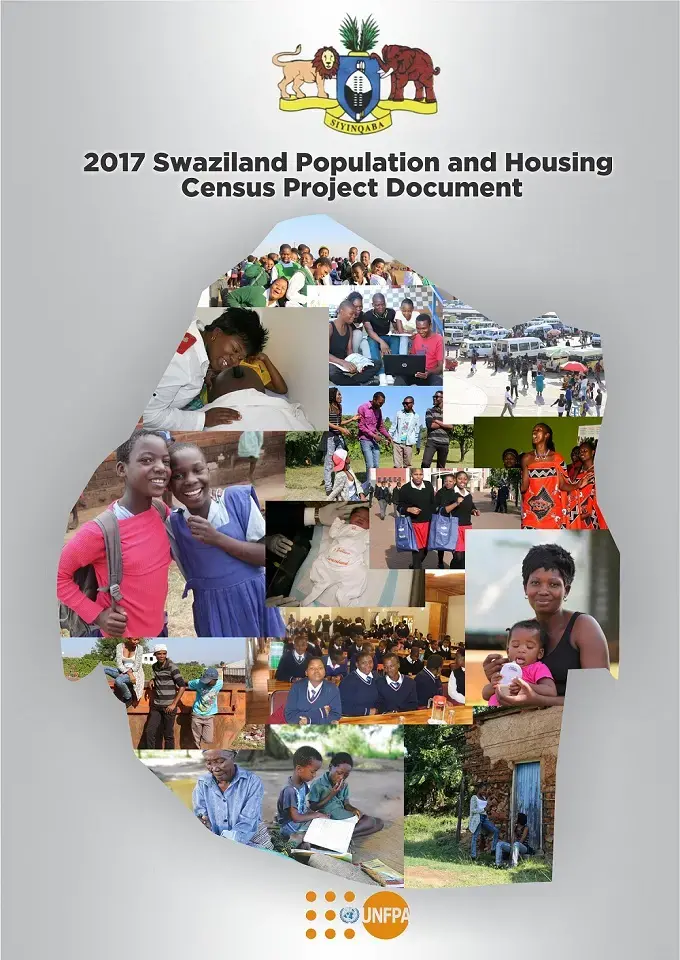Access to safe, voluntary family planning is a human right and a core element of essential health care and sexual and reproductive health. Family planning is central to gender equality and women’s empowerment, and it is a key factor in reducing poverty. Family planning enables women to accordingly plan the number and timing of their pregnancies including a choice to have or not to have a child. Yet globally about 225 million women who want to avoid pregnancy are not using safe and effective family planning methods, for reasons ranging from lack of access to information or services to lack of support from their partners or communities.
In Swaziland, the total fertility rate for women in the reproductive age group of 15 – 49 years is 3.3. The adolescent birth rate is still high at 87 births per 1000 adolescents aged 15-19 years, though having declined from 111 births per 1000 in 2007. The percentage of women aged 20-24 who have at least one live birth before age 18 is 16.7%. Contraceptive prevalence stands at 66.1% (i.e. the percentage of women aged 15-49 years currently married or in a union who are using or whose partners are using a modern or traditional contraceptive method). The unmet need for family planning stands at 15.2% among women aged 15-49, and is higher among adolescents at 28.6%, and highest among the poorest, rural-based and least educated young women.
UNFPA Swaziland works to strengthen the capacity of government and civil society organizations to deliver integrated, equitable and high quality family planning services. The programme advocates for increased national resource allocation to ensure a steady and reliable supply of quality contraceptives and high quality family planning services, targeting particularly vulnerable adolescents and young people, including people in hard to reach rural areas. UNFPA also works to support the implementation of national policies, guidelines, protocols and strategies supporting integrated family planning, as well as gathering data to support national family planning programming. We also work to strengthen the capacity of health care service providers to deliver the whole range of youth-friendly and high quality family planning method mix, as well as working with civil society organisations and youth advocates for equitable youth-friendly services that integrate HIV prevention and contraceptive use particularly in rural and other under-served areas.








